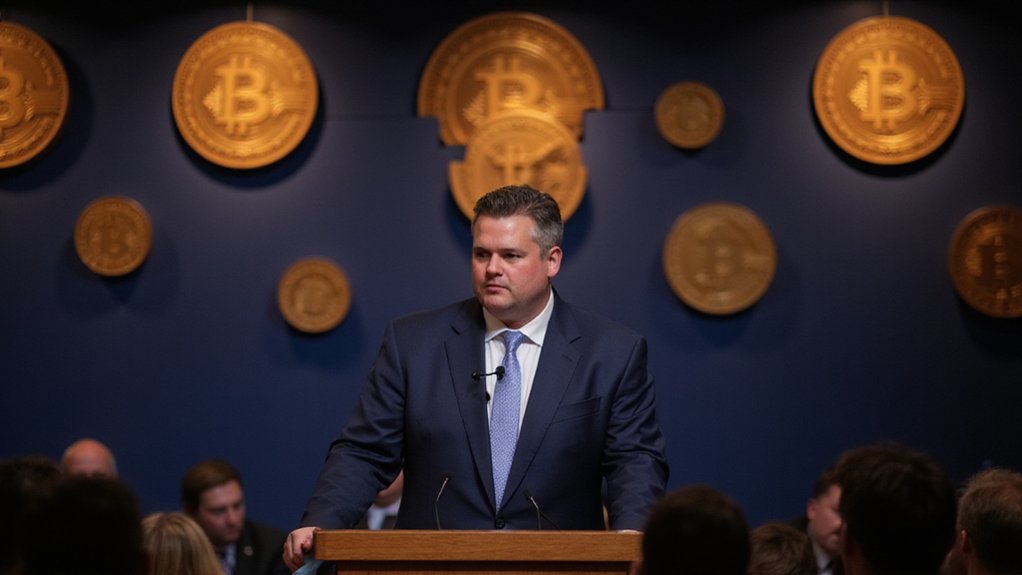While traditional finance has spent decades perfecting the art of regulatory capture through lobbying and revolving-door appointments, the decentralized finance sector has opted for a more direct approach: demanding statutory exemptions that would fundamentally codify their preferred interpretation of what constitutes a securities offering.
The proposed CLARITY Act represents perhaps the most ambitious attempt yet to carve regulatory safe harbors for DeFi activities, establishing a bifurcated oversight structure that divides jurisdiction between the SEC and CFTC. The legislation incorporates exemption thresholds mirroring Regulation A‘s tiered approach—$20 million for Tier 1 and $75 million for Tier 2 offerings within twelve months—while maintaining filing requirements and ongoing disclosure obligations that suggest regulators haven’t entirely abandoned their fondness for paperwork.
Central to these exemptions lies a carefully constructed definition of permissible activities: developing code, validating transactions, providing computational resources, and offering non-custodial interfaces. The key limitation? Entities must avoid possessing customer assets, exercising counterparty discretion, or routing orders—essentially remaining true to DeFi’s theoretical promise of disintermediation.
SEC Chair Paul Atkins has proposed an “Innovation Exemption” that would extend safe harbor protections to both registered and unregistered entities launching on-chain products, emphasizing self-custody principles while reducing enforcement risks during early-stage development. Commissioner Hester Peirce’s support underscores growing regulatory recognition that open-source code development shouldn’t automatically trigger securities violations.
Perhaps most intriguingly, the legislation includes a “blockchain maturity requirement” mandating that digital commodity issuers achieve technological sophistication and decentralization within four years. Failure to meet these benchmarks triggers additional disclosure requirements and disqualifies issuers from further capital raising—a provision that acknowledges the uncomfortable reality that many “decentralized” projects remain decidedly centralized. The legislation establishes a framework where tokens can transition from securities to commodities once they pass the decentralization maturity test.
The enforcement framework maintains antifraud and market manipulation authority regardless of exemption status, suggesting regulators aren’t prepared to create entirely regulation-free zones. DeFi developers receive protection only when genuinely avoiding control over user assets or market orders—registration requirements persist for entities acting as counterparties, maintaining custody, or performing intermediary functions. The legislation creates provisional operation status that allows market participants to commence activities while final CFTC rules are being developed. This regulatory framework affects platforms ranging from lending protocols like AAVE and JustLend to automated market makers like Uniswap, each operating with distinct risk profiles and total value locked metrics.
Whether these exemptions represent pragmatic accommodation of technological innovation or regulatory capitulation to industry pressure remains an open question.









